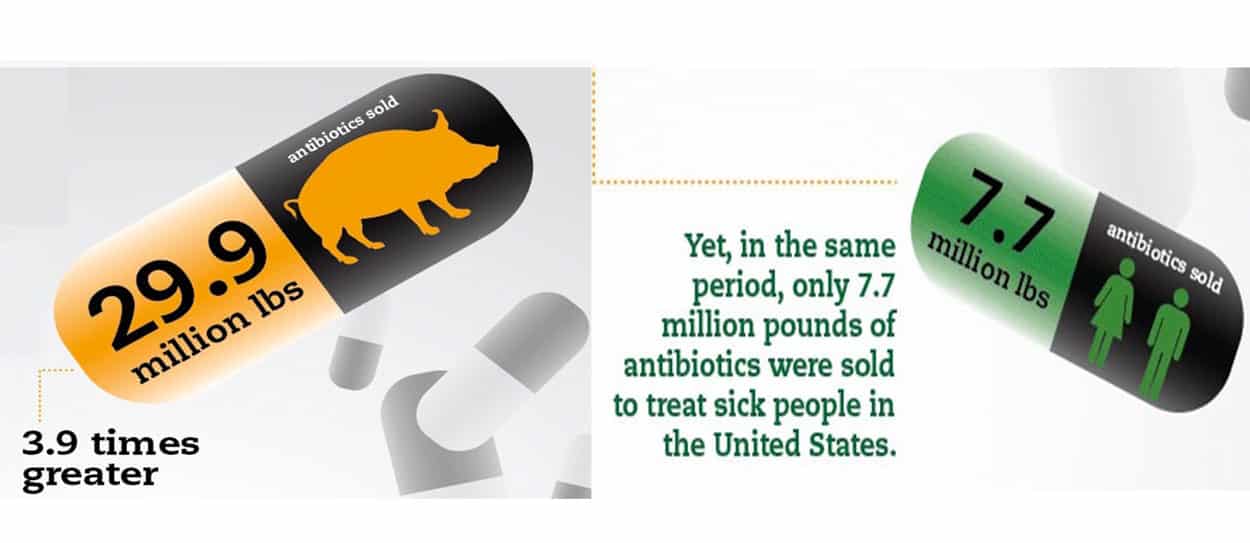A new study has suggested that obese women could experience a reduction in the risk of breast cancer through the administration of omega-3 fatty acids. Omega-3 fatty acid supplementation was found to reduce breast density in postmenopausal obese women. The study took the form of an open-label, randomized clinical trial of 266 postmenopausal women with high breast density who were either a normal weight, overweight or obese. The findings are published in Cancer Prevention Research. Dr. Andrea Manni, professor and division chief of endocrinology, diabetes and metabolism at Penn College of Medicine in Hershey, PA, and colleagues believe that this…
Omega-3 fatty acid supplementation was found to reduce breast density in postmenopausal obese women.
The study took the form of an open-label, randomized clinical trial of 266 postmenopausal women with high breast density who were either a normal weight, overweight or obese. The findings are published in Cancer Prevention Research.
Dr. Andrea Manni, professor and division chief of endocrinology, diabetes and metabolism at Penn College of Medicine in Hershey, PA, and colleagues believe that this reduced risk could relate to increased levels of inflammation associated with obesity leading to breast cancer.
“Omega-3 fatty acids have an anti-inflammatory effect, so that’s one of the reasons why we suspected it may be particularly effective in obese women,” Dr. Manni says.
These fatty acids are found in fish oil as well as some plant and nut oils and are believed to convey several health benefits, including reduced risk of coronary heart disease and improved cholesterol levels.
Previous studies have suggested that omega-3 fatty acids may help protect against breast cancer in obese women, although results have remained inconclusive. Dr. Manni suspects data obtained from normal-weight women may have caused this inconsistency.
The aim of the study was to measure the change in the participants’ breast density over 2 years. High breast density appears to be a risk factor for breast cancer; according to the National Cancer Institute (NCI), women with dense breast have a four- to sixfold increased risk of developing the disease.
“The higher the breast density, the more likely the woman will develop breast cancer,” asserts Dr. Manni.
However, scientists are divided as to why breast density is an independent cancer risk.
Reduction in breast density only observed in obese participants
All the participants had a high breast density (of 25% or greater) at the outset of the study, detected via routine screening mammograms.
Participants were randomized into five different treatment groups. Two groups received differing dosages of the anti-estrogen drug Raloxifene (60 mg and 30 mg), one group received the prescription omega-3 drug Lovaza (4 gm) and one group received 30 mg of Raloxifene combined with 4 gm of Lovaza. A control group received no treatment.
Fast facts about fish oils
- Fish oils are a good source of omega-3 fatty acids, such as DHA
- These oils are predominantly extracted from the tissue of fatty fish, such as tuna, mackerel and salmon.
After 2 years, the researchers reported an association between increasing the levels of omega-3 fatty acids in the blood and reduced breast density, but only among the 20% of the participants who were obese.
In particular, the researchers singled out DHA (docosahexaenoic acid) as the fatty acid associated with breast density reduction. They now plan to examine the effects of DHA on its own in a trial involving obese participants.
“The finding supports the idea that omega-3s, and specifically DHA, are preferentially protective in obese postmenopausal women,” Dr. Manni concludes. “This represents an example of a personalized approach to breast cancer prevention.”
The researchers also found that the combination of Raloxifene and Lovaza – a drug approved by the US Food and Drug Administration (FDA) to treat severe high triglycerides – was better at reducing triglycerides and “bad” cholesterol (LDL) and increasing “good” cholesterol (HDL) than individual treatments.
The study was funded by Penn State Hershey Cancer Institute and Susan G. Komen for the Cure.
Another problem with uncovering precisely how dense breasts impact on the risk of breast cancer is that no one method of measuring breast density has been agreed upon.
Earlier this year, Medical News Today reported on a study that found up to 19% of women are being incorrectly determined as having dense or non-dense breasts as a result of inconsistency in measuring breast density.
Source: Omega-3s could lower breast cancer risk in obese women, study suggests : Medical News Today




